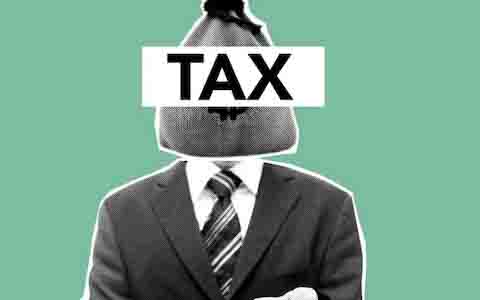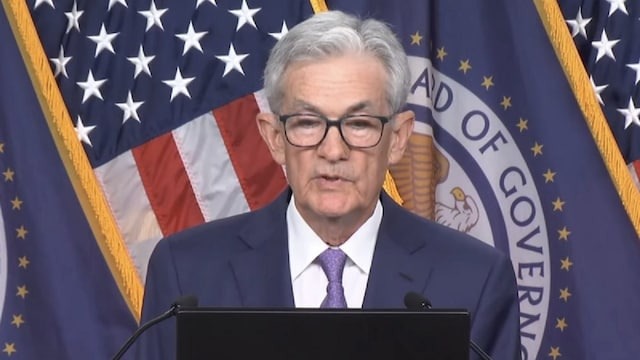
New Delhi. Income tax rules are quite complicated. You must be well aware of this, but perhaps a taxpayer living in Mumbai was not aware of this. He told the Income Tax Department that his total income was only 9.6 thousand rupees. No tax should have been levied on this income. But, when the Income Tax Department applied its special rule tie-breaker, the taxpayer was shocked. Ultimately he had to pay Rs 43.5 lakh as income tax.
Yes, you read it absolutely right. The taxpayer even challenged this tax imposed by the department in the Income Tax Appellate Tribunal, but rules are rules after all. The tribunal also accepted it as correct and ordered the taxpayer to pay the entire income tax of Rs 43.5 lakh and he had to pay it. Now the question must be arising in your mind that what is this tie-breaker rule due to which the tax liability directly reached lakhs?
What is the tie-breaker test?
Under the income tax law, citizens who are registered as tax residents in both India and the US have to undergo such a test. Under an agreement between India and the US, such citizens have to pay taxes under the tie-breaker test. This case is of the financial year 2012-13, where the income tax department had demanded income tax of Rs 43.5 lakh, while the taxpayer had declared his income in India as only Rs 9,500.
What does the rule say?
Under the tie-breaker test, if an Indian citizen earns in America, then no tax will be levied on that income in India for the time being, but if this taxpayer spends more than 180 days in India, then he will have to pay tax in India on the income earned in America. This rule of the tax law proved to be heavy on this taxpayer. This tax is applicable when someone has dual citizenship.
Why did he have to pay tax?
In this case, the taxpayer, who earns his income from America, spent more than 183 days in India in a single financial year. Therefore, the tie-breaker test applies to him and he had to pay tax in India on his total income earned in America in that financial year. The taxpayer called this wrong collection of tax, to which the Income Tax Department said that he not only stayed in India for 183 days, but his family lives in Mumbai and he has only one daughter who lives in America. Therefore, he had to pay taxes in India on his income earned in America.

 Desk
Desk Share
Share






